For What Do You Pray?
And Jesus asked the boy’s father, “How long has this been happening to him?” And he said, “From childhood. And it has often cast him into fire and into water, to destroy him. But if you can do anything, have compassion on us and help us.” And Jesus said to him, “‘If you can’! All things are possible for one who believes.” Immediately the father of the child cried out and said, “I believe; help my unbelief!” Mark 9:21–24.
For what do you pray? For what should you pray? Do you ask for things? Should you? For what is an appropriate thing to ask? What right do you have to ask God for anything?
Many struggle with prayer, not knowing for what they are supposed to pray. I know I often feel this struggle. If we ask for things, we can feel like a hypocrite; unworthy. Talking into the air, or thinking words in our minds, sometimes, we can feel silly. We can wonder if this is some form of wish fulfillment. We may wonder if we are somehow abdicating our responsibility to handle our own problems. We wonder if our prayers will do any good.
There are seeming contradictions in prayer. If God is sovereign, doesn’t He already know what we need? One the one hand, we are told that, whatever we ask in prayer, believing we have received it, will be ours (see Mark 11:24). The father in the scripture above was admonished by Jesus for using the word “if”: “‘If you can’! All things are possible for one who believes.” Mark 9:22–23. Yet, we are also taught to simply pray, “Thy will be done.” Well, which is it? Should we pray for things, or nothing—only for the Father’s will to be done? If we pray for the former, are we contradicting the latter?
Let’s review the response of the father in the scripture above: “I believe; [now] help my unbelief!” I like that response – because it’s honest. It’s a father, who loves his son, franticly searching for healing, willing to step out into the abyss of the spiritual unknown, yet not so far out that he is unaware of his own humanity. With his feet planted on the earth, yet willing to cast his eyes to heaven, he speaks the truth—about himself—and probably about all of us: Father, I believe, but desperately, I ask You to help me with my unbelief.
With the many questions about prayer, perhaps that is the place to start. Just as God called himself, “I am,” prayer presents the opportunity to tell God who you are. In prayer, speak to God what is in you, not what should be. As C.S. Lewis said, “Prayer is saying, ‘may it be the real I who speaks. May it be the real Thou that I speak to.’” Guess what? God already knows what is truly in your heart, anyway. There is no lying to God; no subterfuge; no pretense; no act. He knows. If you are struggling in your faith, he knows anyway, so tell Him. If you feel silly talking in the air, tell Him that, too. The point is, in that moment, before entering Heaven, this is your opportunity to commune with the Father—as you are: in your weakness, in your doubts, in your despair, even in your unbelief.
Don’t forget that our Savior, in Gethsemane, prayed for God to take this cup from him. Christ knew he was asking for something that could not be granted. He knew his purpose on this earth, yet he prayed to be relieved of that burden, anyway. He prayed that prayer – because he was talking to his father, whom he loved, and who loved him. If Christ can pray for the cup to be lifted from him, then we have nothing to fear in our most exposed and authentic moments in prayer with God.
With whom else can you truly be this honest? This vulnerable? And this may be the most valuable aspect of prayer – because He knows us, as we are, yet He also loves us, died for us, and has forgiven us. The act of prayer is relational; it is to support our relationship with the Father. Lay it out, speak the truth, show yourself, and seek His comfort.
Here is a prayer I find myself saying often: Father, I believe, but help my unbelief. I have faith, but temper my moments of doubt. I trust you, but be with me even when I don’t. Help me to be an agent of Your will, even when I don’t know, and can’t see, what Your will is. Thank you for loving me, even as I am.
In Christ,
Mort Taylor


